Teaching kids to talk
Talking is one of the most important developments for children. We give you facts, tips and advice on what to expect and when to expect it
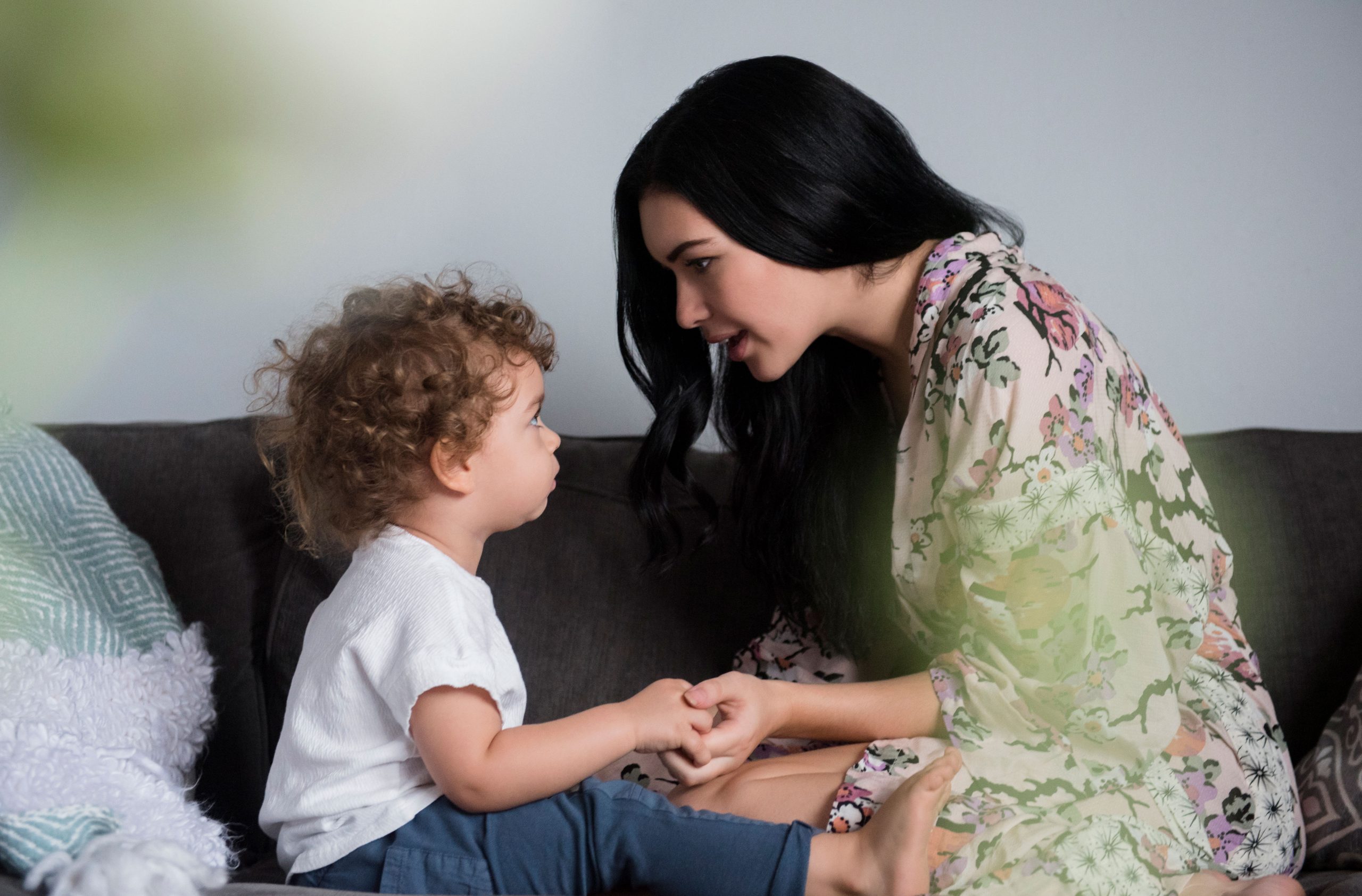
Along with learning to walk, learning to talk is probably the biggest and most nerve-wracking baby milestones for parents.
From the first gurgles to full grown-up sentences, the speed at which your child learns to speak can vary from month to month.
What's crucial for children learning to talk is their ability to listen and hear. By listening to what words sound like, they will make their own attempts to repeat those noises.
So when should your child start talking? How soon should they be saying 'mummy' and 'daddy'? At what age will you be able to have a conversation with them?
We help you to work out what's normal and what's not in language development and how you can help your children progress with learning to talk and tips on dealing with speech problems.
Teaching kids to talk: The first 12 months
Language development: 1-3 months

Talking begins with early cries, before progressing onto gurgles, coos and all the other odd sounds that babies make.
In the early days, you will become adept at recognising the differences between your child's cries - whether it's because they need a clean nappy, want a sleep, are hungry or something else totally different.
GoodtoKnow Newsletter
Parenting advice, hot topics, best buys and family finance tips delivered straight to your inbox.
Language development: 4-12 months
Obviously, your baby still won't be making any sense early on in this stage, although you will hear the odd 'mama' or 'dada'.
Attempts at talking will be a long babble at this age in a baby language that sounds the same regardless of what language you talk: English, Spanish, Japanese or Urdu.
Your child will start to enjoy some specific sounds more than others - this is because they feel nice in their mouth when they are made.
As your child gets nearer to their first birthday, your baby will start to sound as if she's making sense. This is because she's hearing you speak and imitating your patterns and speech.
Your child will also be understanding simple instructions, such as: 'Give mummy the book'.
Singing songs to your child is a good way of helping them develop language skills.
Teaching kids to talk: 12-24 months

Language development: 12-17 months
You should be hearing individual words by now - they'll tend to be nouns that are important in your child's world, so: 'cat', 'up', 'carry'.
Their vocabulary should be up to 20 words, although some children will be saying much more and some a little less.
They will also be able to point to pictures or objects when named, as well as recognise names of familiar people, objects and body parts.
The words that come out may not always sound exactly how you would say them, but don't worry. Don't get angry. Just repeat the proper word and your child will change how they say them as they get older.
If you haven't started already, try to make reading to your child a part of your everyday routine. Books will help improve their language skills.
By now, your child knows how important talking is in order to get what they want.
Language development: 18-24 months
Your child's vocabulary will probably be getting bigger by the day and can be up to 100 words.
Most of the words will still tend to be nouns, but you will often start to hear simple two-word sentences by now, such as 'More milk' or 'Carry me'.
Other words that should be in use regularly by now include simple prepositions, such as 'in' 'under' and 'down'.
Your child will also be asking simple questions, changing the tone of their voice to show this.
By the age of 2, your child should also be acting on two-step requests, such as: 'Sit down and look at your book.'
Teaching kids to talk: 2-4 years
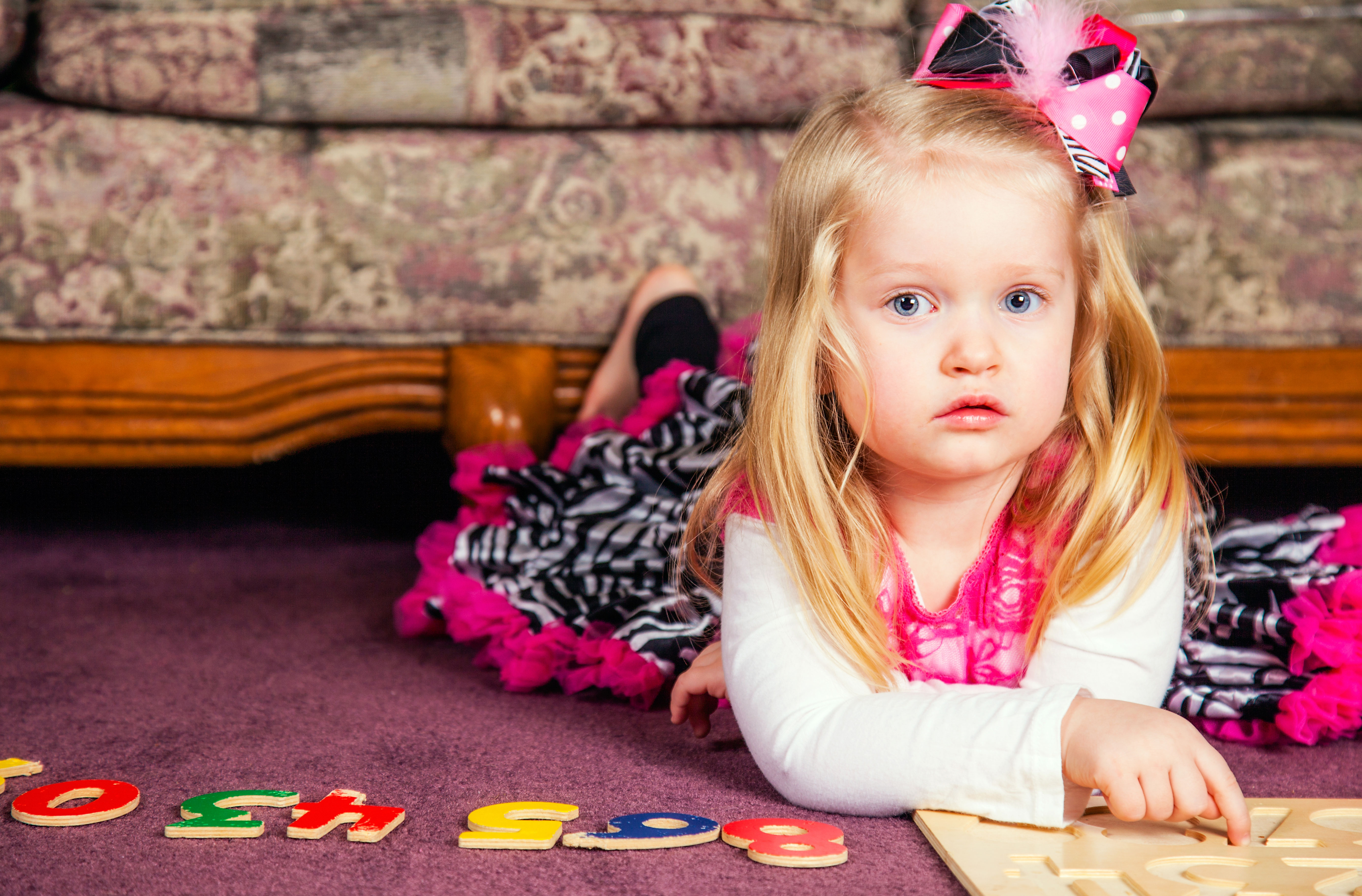
Language development: 25-36 months
Abilities do vary quite a lot in this age range. By the time your child reaches their third birthday, they should be saying anything between 2-300 words.
Nouns and verbs and pronouns will be put together to make short sentences, such as: 'You kick ball', or 'I drink milk'.
Another thing you'll start to notice is lots of screeching and difficult controlling volume of speech. This will improve the closer they get to 3.
Some children will obviously be far more advanced than others, so it's important not to worry too much if Jimmy or Amy at playgroup are talking much more.
Language development: 3-4 years
During this year, children usually know more than 1,000 words and will start to talk in more complex sentences and use correct grammar.
There will still be a few sounds that might be difficult for your child, such as r, z, f or th, but your child will generally speak in ways that most people will understand.
Children will enjoy stories and jokes and love asking lots of questions about the world around them. They will also be able to say how old they are.
Teaching kids to talk: How to help
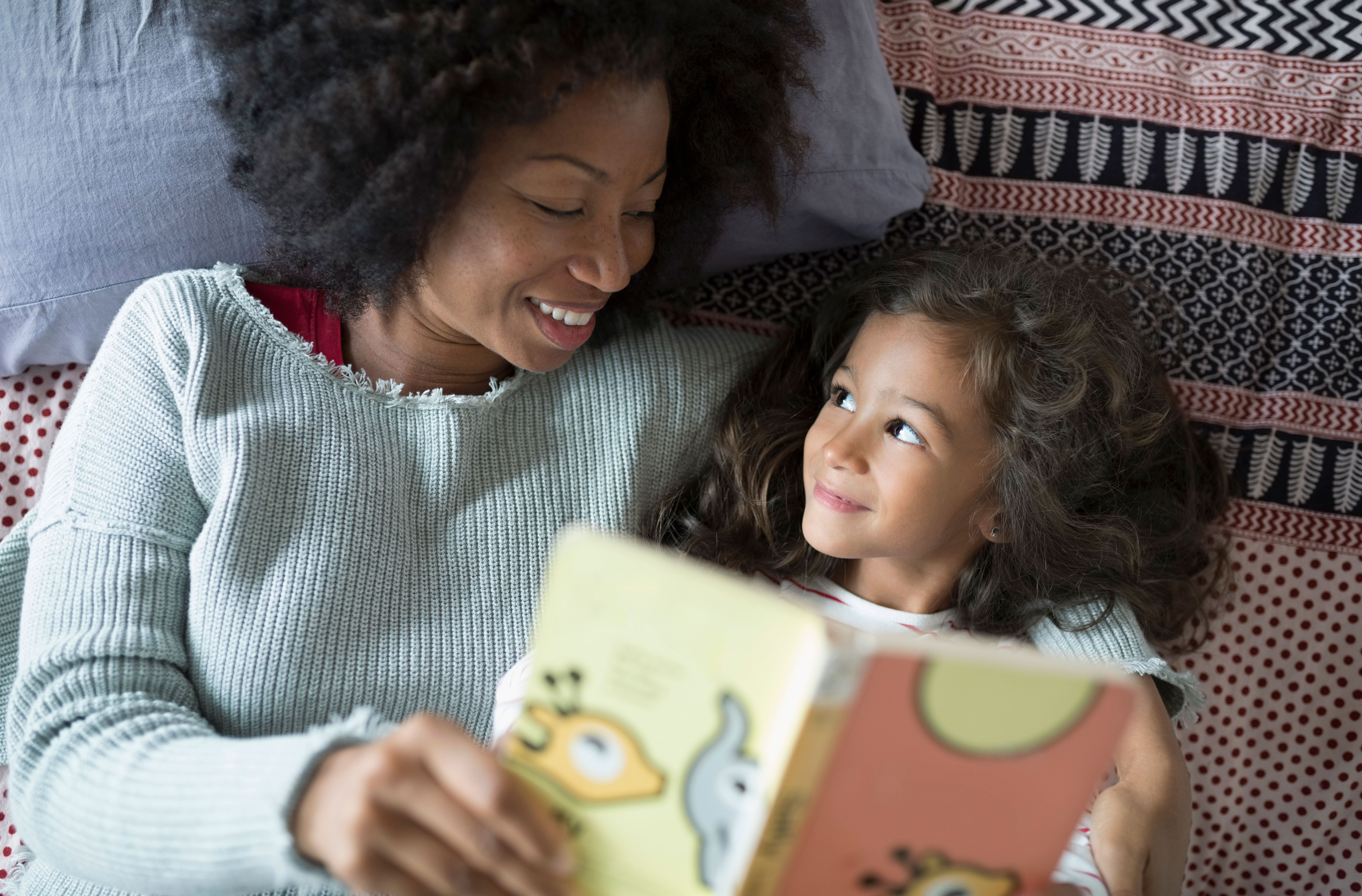
What should we be doing as parents?
We spoke to child clinical psychologist Emma Citron and developmental psychologist Professor Karen Pine who gave us the following expert advice:
- Learn to relax: worrying about how many words your child is saying and how clearly they're speaking or the length of sentences won't help. - Let them experience things: Taking your child to lots of different places and allowing them to see and hear people, things and objects is a great way to help them learn. - Don't talk to them as an adult: Talking to your child as if they were 13 won't help them learn. They need to hear short, childlike sentences with lots of variation in your voice to help them get used to speech. - Teach them simple things: Go for the simple fun things like animal voices. Grab their attention and they will start to copy you. - Talk to them as early as possible: Babies learn language from the moment they're born and even start to process sounds when in the womb. - Engage in lots of songs and rhymes: Nursery rhymes and action songs are excellent ways of helping your child learn about the structure of language. They are also fun ways for parents to interact with their infant. - Don't rely on the TV: 'Brainy' baby DVDs will not 'teach' your baby how to talk. There's no substitute for a real live human, talking, smiling face.
Other tips for helping speech
- Use relevant words: Make sure the language you use are part of their everyday world and language, such as cup, nappy, bath - Talk slowly: Your child needs to be able to pick out the words you're using, so don't rush your speech. - Repeat, repeat: It may be boring, but singing a selection of different songs over and over again will help your child learn. Similarly, reading the same book constantly may make your brain go to sleep, but repetition helps them tremendously.
Teaching kids to talk: What are the problem signs?
Remember, all children develop speech at different rates so although your child may not be speaking as much as their friends, that doesn't necessarily mean they have a problem.
Ear infections and or hearing problems may cause language delay, so make sure your health visitor carries out the relevant hearing checks.
As a general rule, your child should be speaking in sentences that match their age, so one word at the age of 1, two-word sentences at the age of 2, and three-word sentences at the age of 3.
However, it's important to talk a health professional if any of the following applies to your child: * Your baby doesn't listen to or respond to sounds * Your baby has problems sucking, swallowing or chewing * Your baby isn't using real words by 18 months * Your toddler has difficulty understanding what you say * Your toddler has an unusual voice and/or stutters * Your toddler isn't trying to make sentences by two-and-a-half years
Teaching kids to talk: When to worry
'The golden rule of thumb is how much can your child understand,' says Emma Citron. 'It's all about how clued in they are and whether they know what you mean.'
'If your child can understand more than one command in a sentence at the age of 2, then that's the most important thing.'
So the advice from Emma is even if your child isn't speaking as well as many other children of the same age, as long as they understand a sentence such as: 'Put your shoes on, go into the garden and get your toys,' then don't worry too much.
'Many children who can't talk in very sophisticated language by the age of 3 go on to become successful university graduates,' says Emma.
Teaching kids to talk: What to do if you're worried
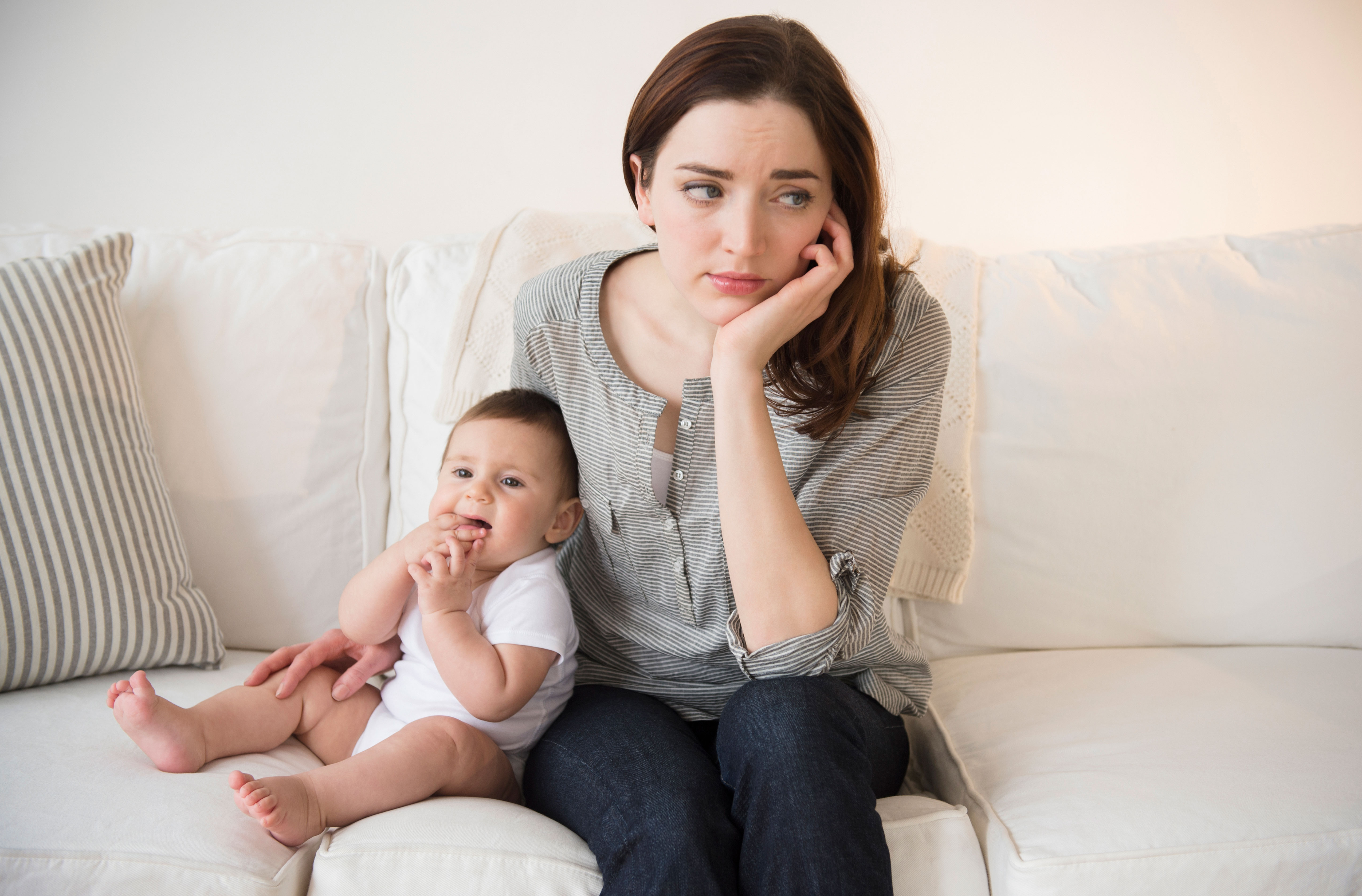
If you have any concerns about the rate at which your child's talking is developing, then your first port of call is your local doctor.
They will be able to advise you and possibly calm any fears about your child's speech.
You can also talk to your local health visitor, who will have a good understanding about how babies' speech develops.
Unfortunately, don't expect anything to happen very quickly. Emma Citron says that 'most parents will be lucky to get their child seen by a speech therapist before the age of 5 on the NHS'.
If you are really concerned about your child's speech development, then you could consider getting help privately from a speech therapist. For more information and to find a speech therapist in your area, visit helpwithtalking.com.
Most doctors and health visitors will also tell you that nothing is usually done until a child is two-and-a-half, so if your little one is not developing as quickly as others, it's worth waiting till then.
Do you have any more tips or advice on teaching children to talk? We'd love to hear your thoughts so head over to our Facebook page to join the conversation.
Trusted, informative, and empathetic – GoodToKnow is the ultimate online destination for parents. At GoodtoKnow, our mission is 'simple': we're trying to make sense of parenthood. On the site, you'll find everything you need for a happy, healthy family life. Our huge archive of content includes more than 18,000 articles and 1,500 how-to videos. These include expert-backed advice features on parenting, dealing with relationship changes after having a baby, self-care for mums and managing your family finances. We also feature tried-and-tested product reviews and buying recommendations for every stage of family life - from prams and Moses baskets to birthday gifts and top toys.
-
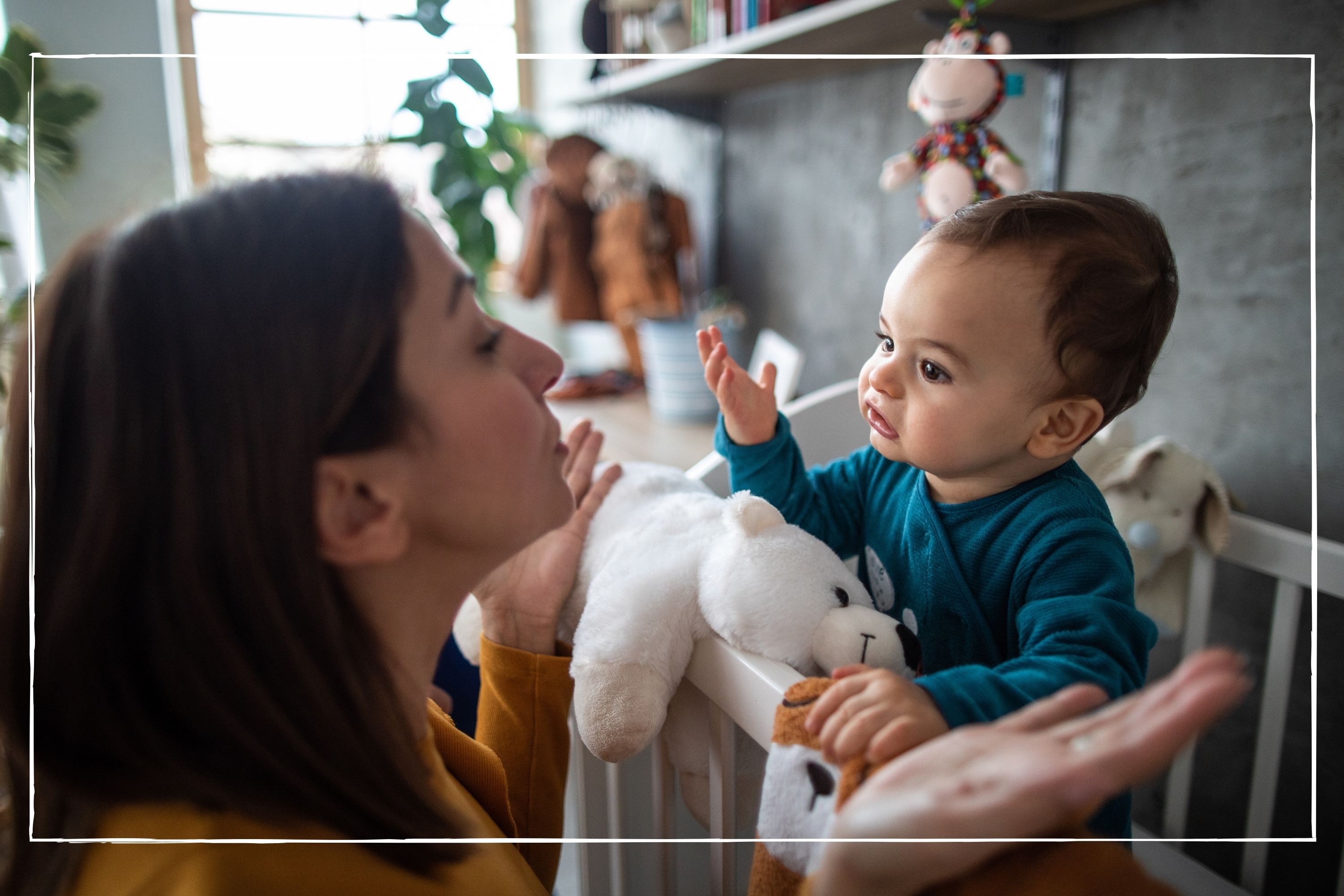 Baby development milestones: Find out when babies crawl, smile and more
Baby development milestones: Find out when babies crawl, smile and moreWhen do babies crawl? When do babies talk? Baby developmental stages and milestones come thick and fast in their first two years...
By Stephanie Lowe Last updated
-
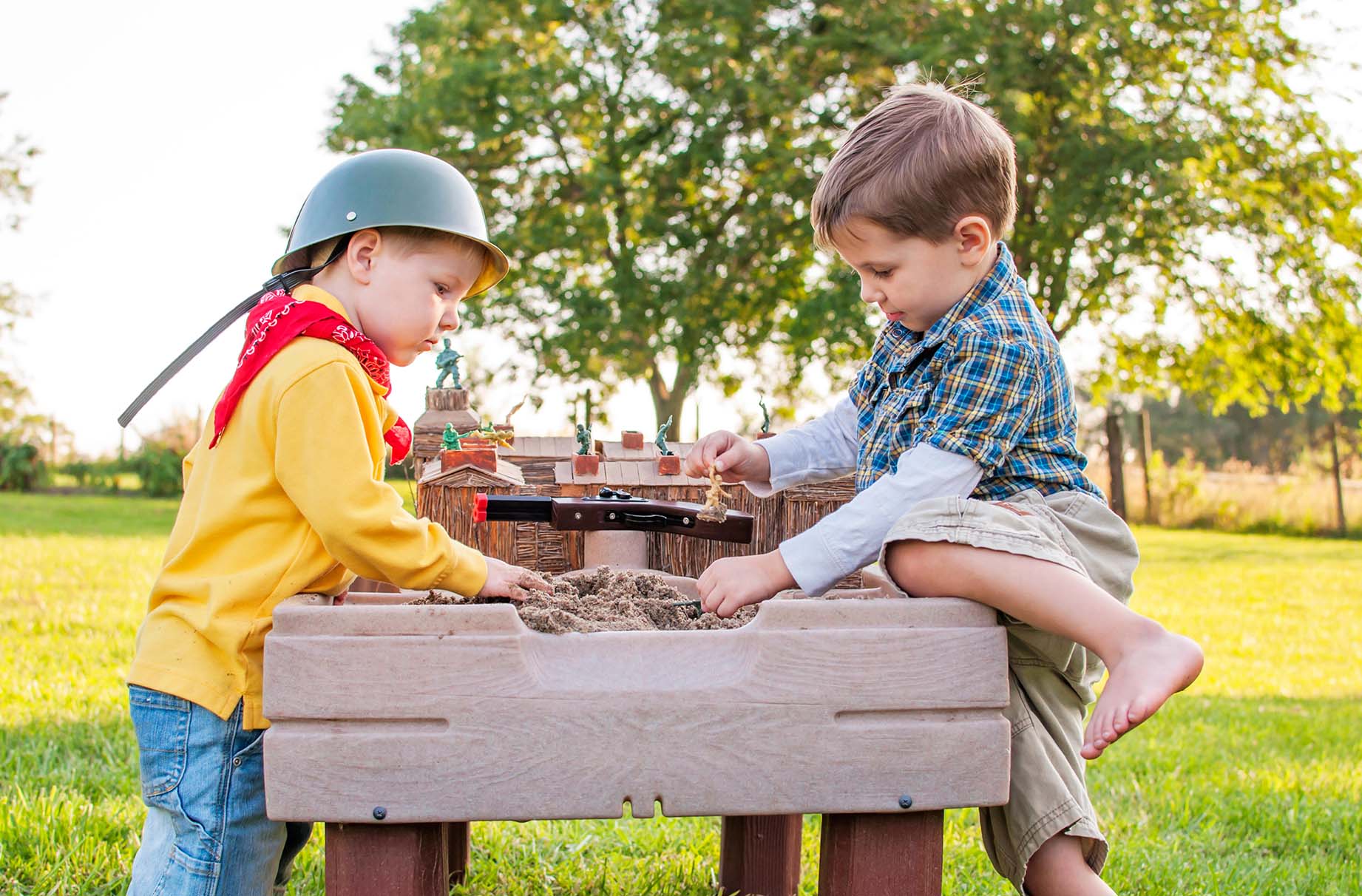 Child development stages: Ages 1-5 the early years
Child development stages: Ages 1-5 the early yearsChild development stages: Ages 1-5 is a tricky time, here we look at everything from walking and talking to starting school...
By GoodtoKnow Published
-
 Child development stages: Ages 6-12 the mid years
Child development stages: Ages 6-12 the mid yearsYou've probably read up on child development stages during your child's early years, but what about when they start growing up?
By Joanne Lewsley Last updated
-
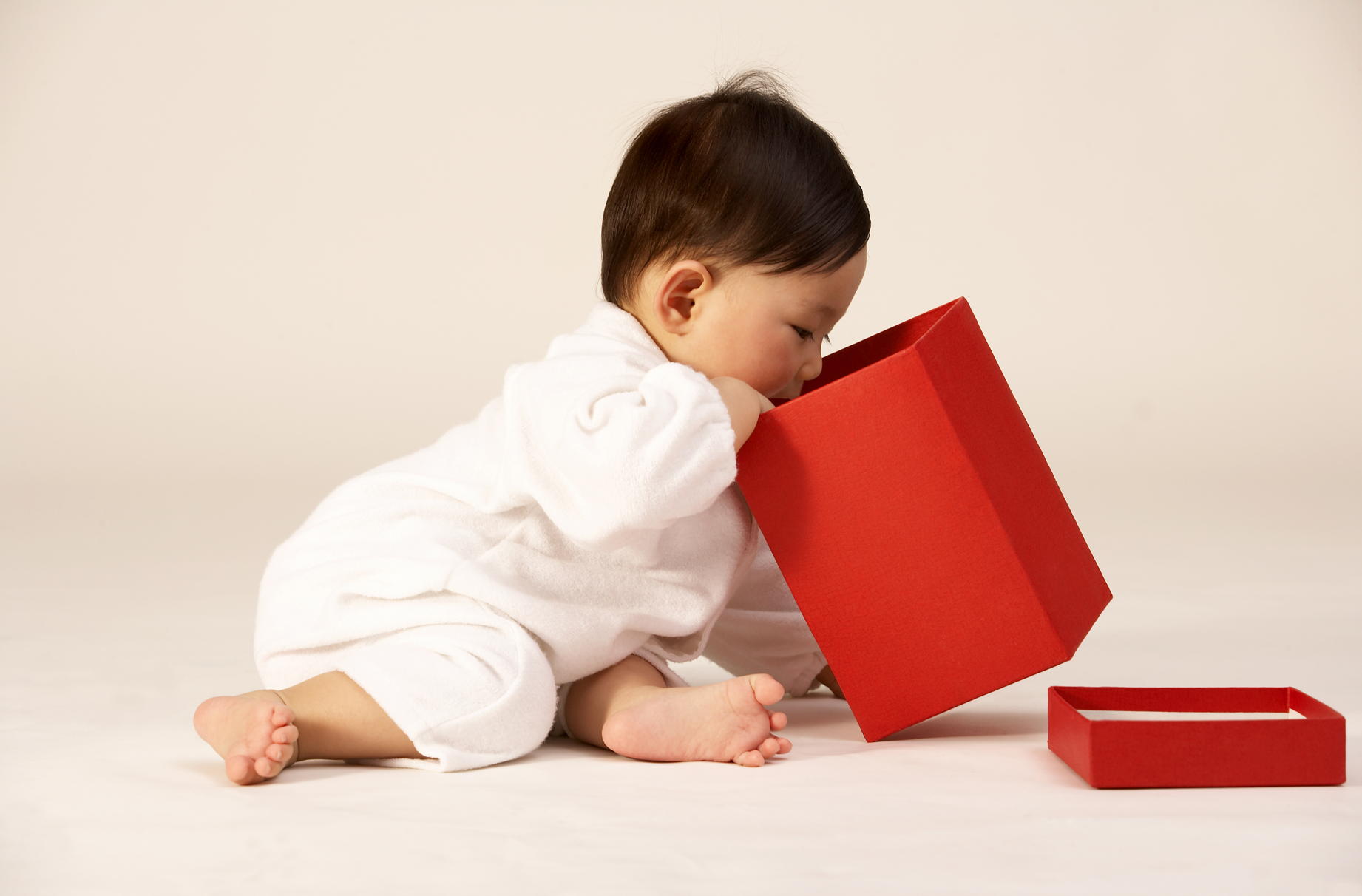 Does your baby love putting things in boxes and tipping them out? Here's why it's a good sign
Does your baby love putting things in boxes and tipping them out? Here's why it's a good signBy Anna Matheson Published
-
 Child development stages: Ages 13-16 the late years
Child development stages: Ages 13-16 the late yearsNeed help navigating the tricky teenage years? These childhood development stages for children aged 13-16 will help
By GoodtoKnow Published
-
 Child development stages: Ages 0-16 years from baby to teenager
Child development stages: Ages 0-16 years from baby to teenagerChild development stages are a must-read guide for any parent
By Joanne Lewsley Last updated
-
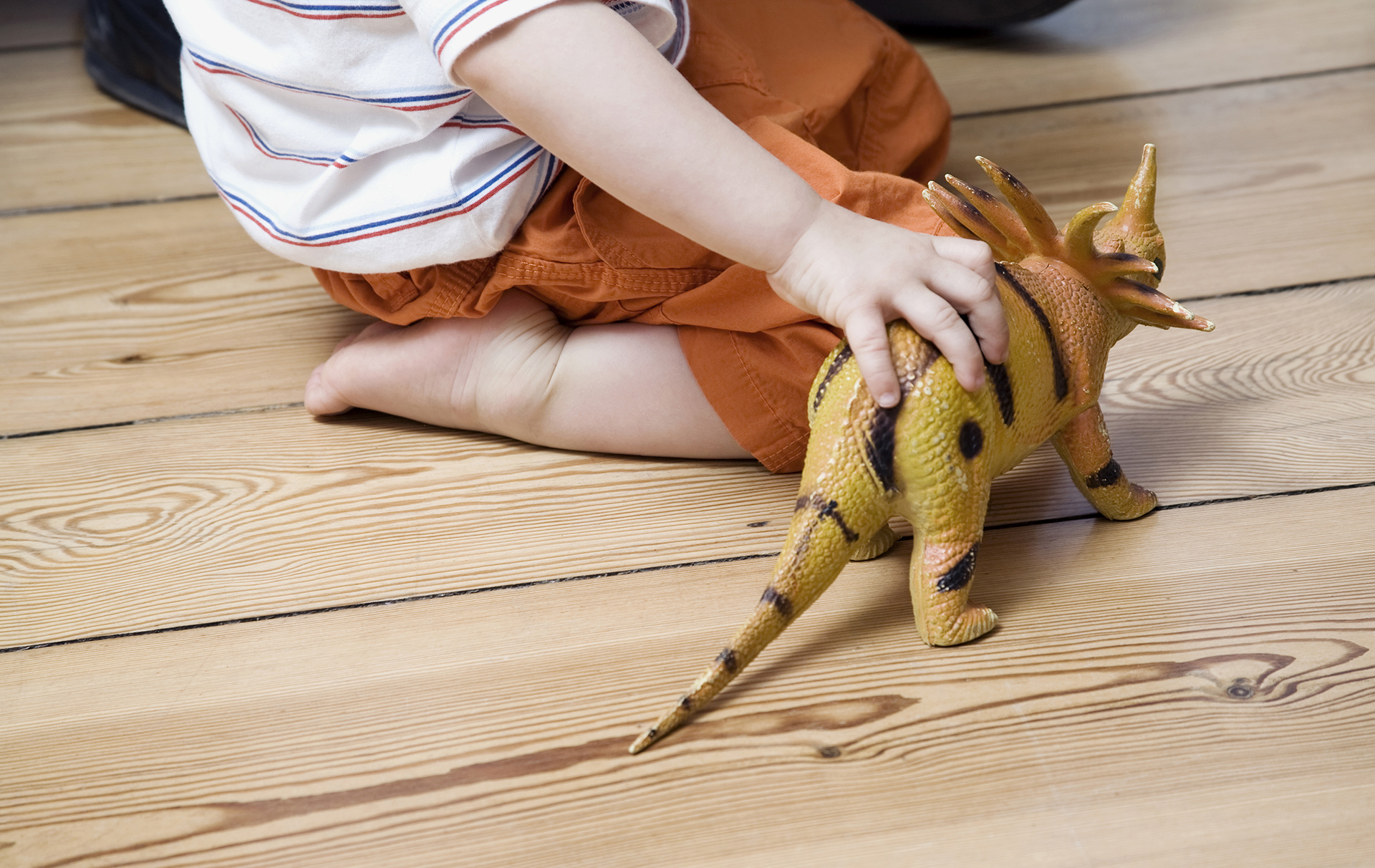 Scientists say your child’s obsession with dinosaurs is a good sign
Scientists say your child’s obsession with dinosaurs is a good signBy Samantha Simmonds Published
-
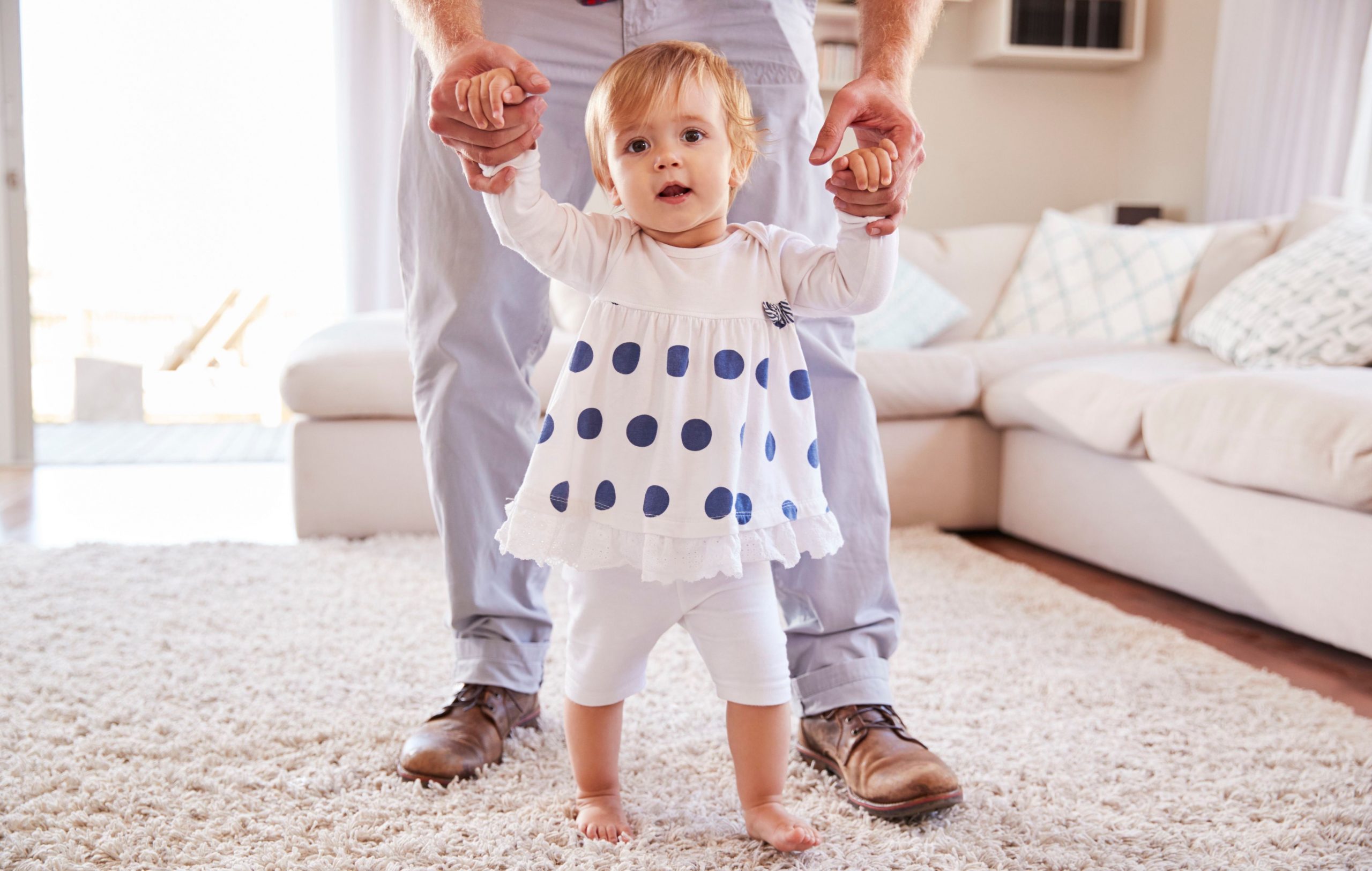 Baby development: Baby milestones for your child's first year
Baby development: Baby milestones for your child's first yearWhat to expect from your child and when
By GoodtoKnow Published